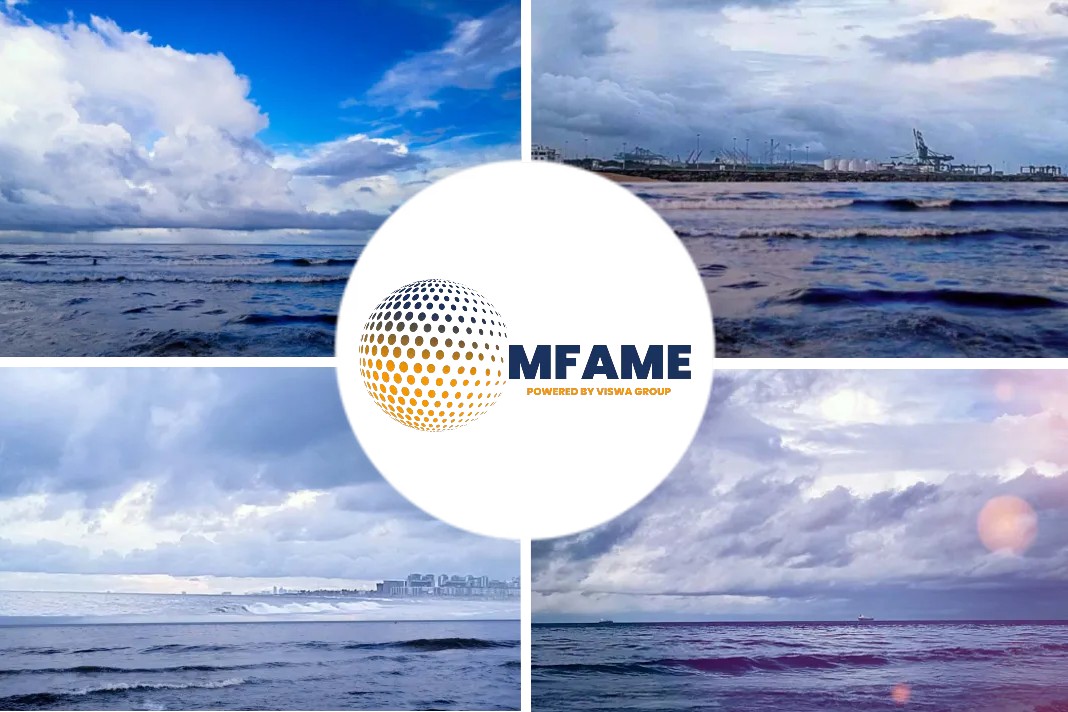- The debate within the maritime sector over the stimulation to shift from fossil to low-carbon fuels has erupted again.
- NGO Transport & Environment (T&E) claims the latest EU proposals will make matters worse, with an increased use of fossil fuels and the use of biofuels of dubious origins.
A recent Loadstar news article by Nick Savvides states that T&E claims ‘fossilised thinking’ will drive use of more unsustainable energy.
What does the paper say?
Following the International Maritime Organization (IMO)’s recent subcommittee meeting, widely seen as a failure by the regulator to show sufficient ambition in its energy transition strategy, the EU has also come under fire for its proposals.
In fact, the EU believes it has a role to play in driving the maritime environmental debate forward, claiming in leaked proposals that “EU action can also inspire and pave the way for the development of future measures to accelerate the uptake of alternative fuels”.
According to the paper, EU action on greenhouse gas (GHG) emissions has already “stimulated” action from the IMO, such as the regulation on monitoring, reporting and verification of GHG emissions from individual vessels, which the EU says led to IMO adoption of its Data Collection System.
EU proposals could have the opposite effect
Nevertheless, T&E believes the latest EU proposals could have the opposite effect to the expected and desired reduction of GHG emissions, including carbon, methane and nitrous oxide.
According to T&E analysis of EU’s proposal the FuelEU Maritime regulation, which the NGO has dubbed a “climate disaster scenario”, fails to “give a clear signal” to the maritime industry that investment in sustainable green fuels is necessary.
T&E recommends that changes to the FuelEU proposals are made to incorporate, “A sub-target or high multipliers (ideally 5) for green e-fuels, limits the pooling/credit exchange mechanism to e-fuels only,”
In addition, T&E wants an “explicit ban on crop-based biofuels and on fossil natural gas as compliance options”.
“Otherwise, European shipping might go right into a climate and environmental disaster scenario,” concluded the NGO.
What does the EU proposal say?
For its part, the EU said in its proposal: “The price differential between conventional marine fuels of fossil origin and renewable low-carbon fuels remains high. To maintain competitiveness while still steering the sector towards the fuel transition that it must inevitably undertake, clear and uniform obligations are needed on ships’ use of renewable low-carbon fuels.”
Reflected in that price differential is the decisions now being taken by major carriers to order ultra-large containerships operating on LNG.
Hapag-Lloyd has added six 24,000 teu vessels to an earlier order, convinced that the ships will drive the transition to less-polluting fuels.
Michael Kastl, MD treasury & finance at Hapag-Lloyd, argues that the new vessels will make an immediate impact on GHG emissions.
Fossil LNG as a bridging fuel
“We see fossil LNG as a bridging fuel towards bio-methane or synthetic LNG which those vessels would be ready to use. We also understand from most recent announcements that the gas industry has formed a number of global initiatives, including operational targets, to reduce methane emissions from the production of oil and gas.”
Meanwhile, financiers are pushing green solutions too, with advocates of the Environment Social Governance (ESG) proposals arguing that the drive to finance only sustainable projects will drive more environmentally friendly technological developments.
Deutsche Bank’s Joerg Eigendorf
Deutsche Bank’s Joerg Eigendorf said: “Our ESG analysis takes into account the context of a company’s overall decarbonisation commitments, including the respective key performance indicators and reduction targets set that go along with the project. Definitely, LNG is a transition technology and we will need to follow closely if the envisioned positive effects on emissions are met.”
He added: “Research and development around zero-carbon technologies and fuels needs to stay a key priority for the sector.”
Fossil fuels to sustainable energy
In addressing the drive to transition from fossil fuels to sustainable energy, the EU believes a mix of measures is required, including the FuelEU initiative, which is aimed at increasing demand for sustainable fuels, while its proposals to add shipping to its Emissions Trading System will add another dimension to its sustainable maritime policy.
In addition, the EU is proposing to “review the Energy Taxation Directive (ETD)”, which together with the ETS “should ensure that the price of transport reflects the impact it has on the environment, health and energy security”.
However, T&E believes these initiatives do not go far enough and will, in some instances, encourage the use of cheap fossil fuels.
What is necessary, says the NGO, are the introduction of “dedicated tools” to “kick-start” the deployment of renewables in shipping and safeguard against unsustainable alternatives, such as crop-based biofuels.
Meanwhile, the EU said it could not comment directly on the leaked document, but sent a statement to The Loadstar stating: “Air and maritime transport have significant decarbonisation challenges in the next decades, due to the current lack of market ready zero-emission technologies, long development and life cycles of aircraft and vessels, the significant investments required in refuelling equipment and infrastructure, and international competition in these sectors.”
EU international emissions from navigation and aviation have grown by more than 50% since 1990.
Action in these sectors is urgently needed, including as they recover from the current crisis, and we will make proposals as part of our ‘Fit for 55 Package’ to address these challenges.
The ReFuelEU Aviation and FuelEU Maritime initiatives are intended to boost the production and uptake of sustainable aviation and maritime fuels.
Did you subscribe to our daily newsletter?
It’s Free! Click here to Subscribe!
Source: The Loadstar


















